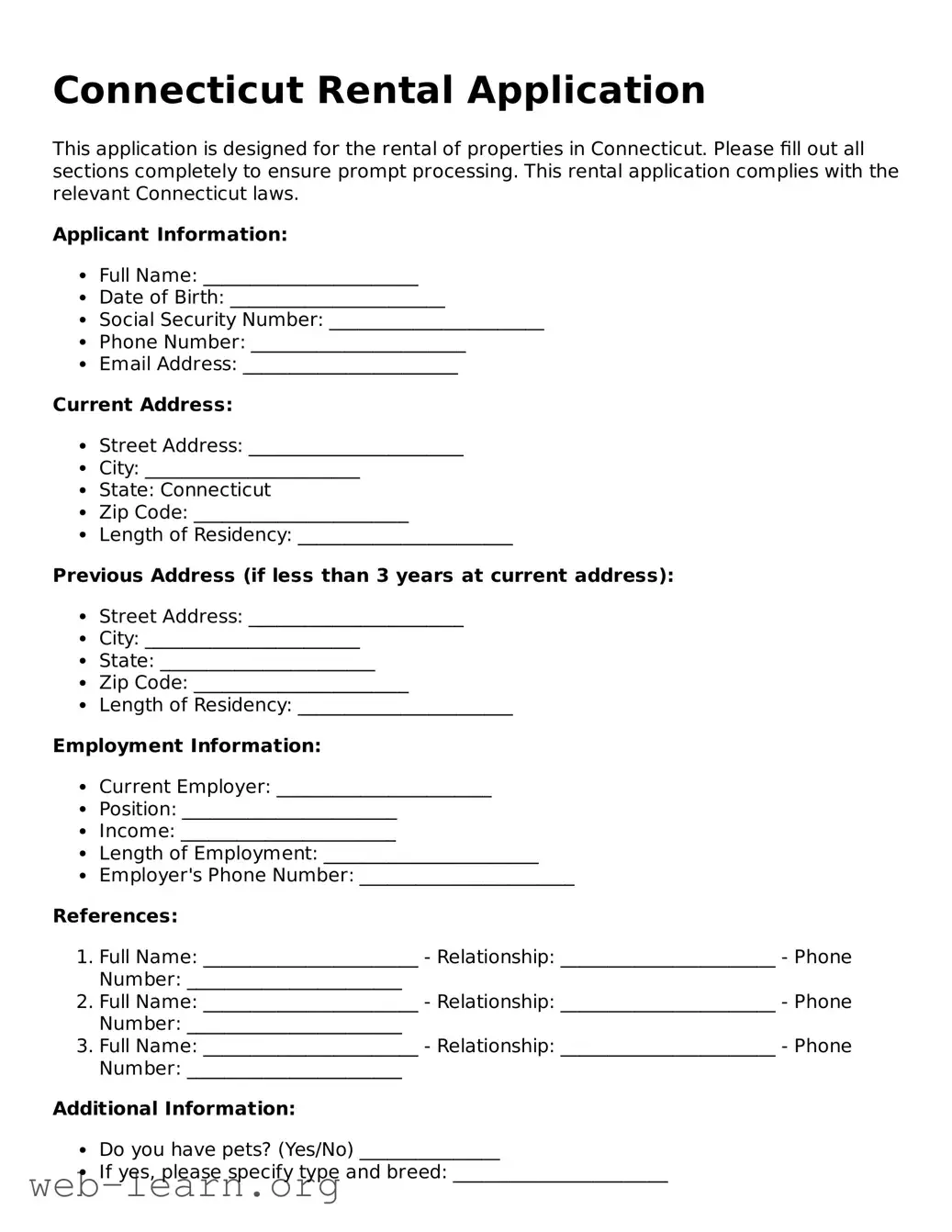Filling out a rental application can be a crucial step in securing a new home. However, many people make mistakes that can complicate the process. One common error is providing incomplete information. When sections of the application are left blank, it raises red flags for landlords. They want a clear picture of your rental history and financial stability, so be thorough.
Another mistake is not being honest about your rental history. Failing to disclose problematic past rentals can come back to haunt applicants. Landlords often check references and previous rental agreements. If discrepancies arise, it can lead to a rejected application, or worse, lease complications later.
Inaccurate financial details can also pose a problem. Some applicants may underestimate or overestimate their income. It's vital to provide clear and truthful information about your finances. Landlords look for reliable tenants who can pay rent on time, so make sure your numbers add up.
Some individuals neglect to include necessary documentation. Often, applications require proof of income, references, and identification. Omitting these documents can delay the process or lead to disqualification. Always check the requirements and ensure all needed papers are attached to your application.
Additionally, rushing through the application is a frequent mistake. Taking your time allows for careful consideration of each section. A hasty application can result in overlooked errors or unclear information. This can create confusion and slow down approval.
Finally, not following up after submission can leave applicants in the dark. A proactive approach shows landlords you are interested and responsible. If you haven’t heard back, a polite inquiry can demonstrate your commitment to renting the property. Following these tips can enhance your chances of securing the rental you want.
